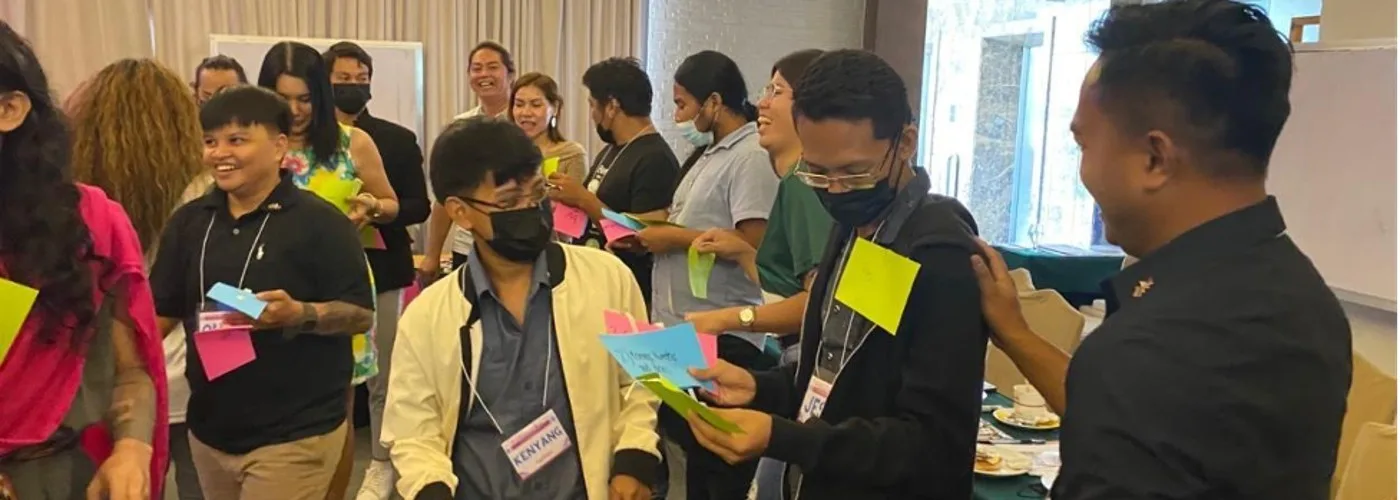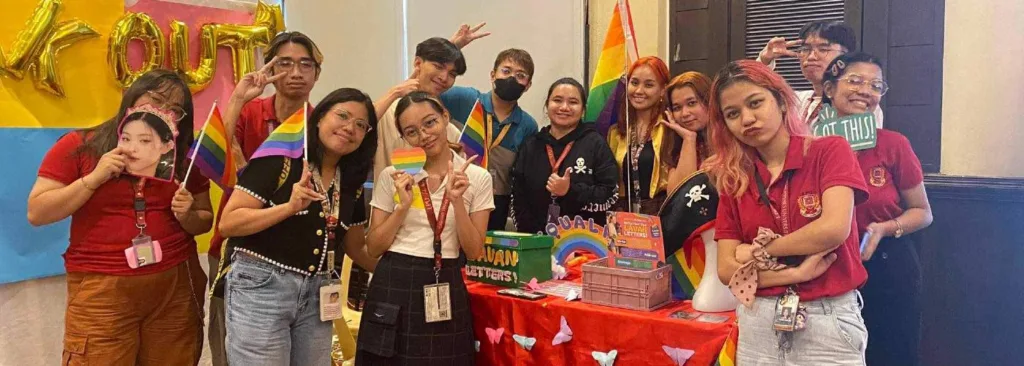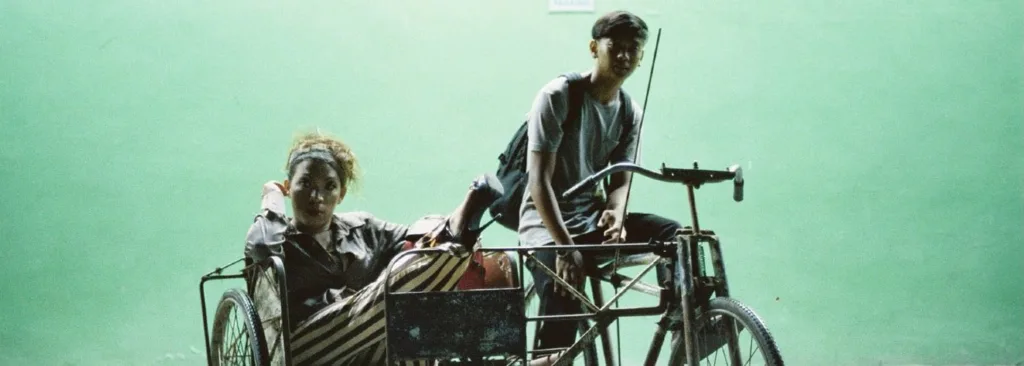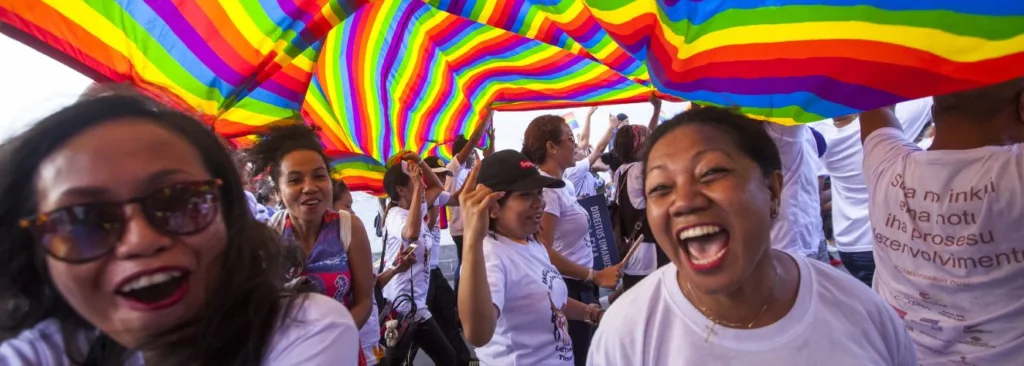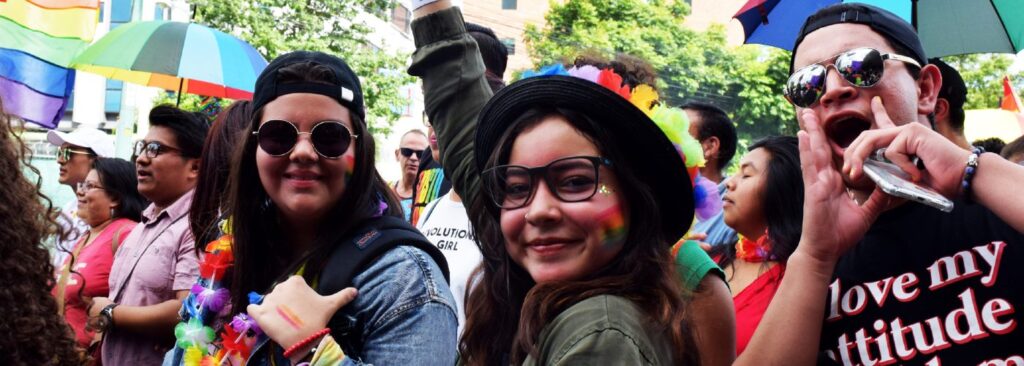One of the main goals of our Free to be Me program is that LGBTIQ+ people can access economic resources, opportunities, and services as well as influence and participate in economic decision-making. This means improving their ability to demand a fair share in economic development programs, exercise control over resources, and access decent jobs. But for this to really work, an enabling environment must also be created.
Milestone legislation
Last year, the program contributed to doing just that in the Philippines when the Lapu-Lapu City City Council unanimously enacted an Anti-Discrimination Ordinance (ADO). This important legislation, aimed at combating LGBTIQ+ discrimination and promoting gender equality, also allocated a groundbreaking one percent employment quota for LGBTIQ+ individuals in both the public and private sectors.
This achievement is closely linked to the invaluable precedent set by Cebu United Rainbow LGBT Sector Inc. (CURLS), a staunch advocate for LGBTIQ+ rights. CURLS had presented the then recently passed SOGIESC Equality legislation in Cebu City, which became the model for Lapu-Lapu City’s Anti-Discrimination Ordinance and played a pivotal role in its adoption.
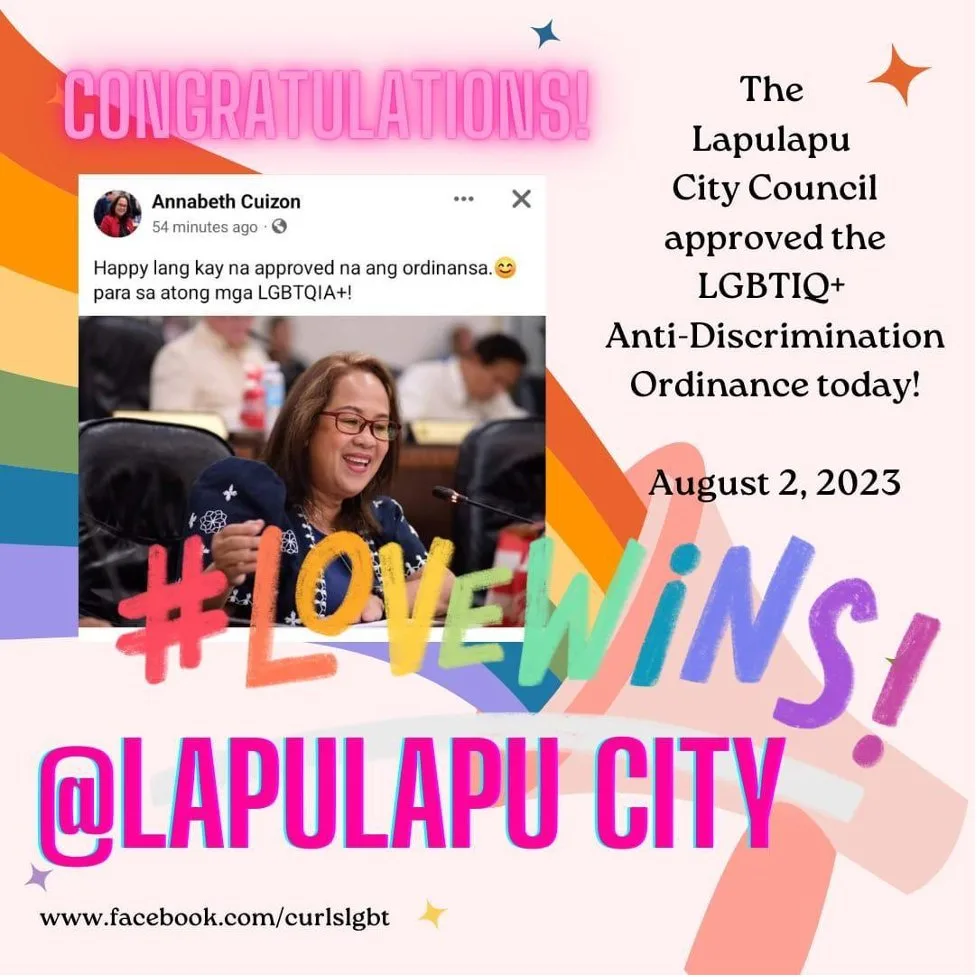
Inevitable obstacles
But the journey to pass the ADO was not without obstacles. One was the need to empower LGBTIQ+ groups and advocates in Lapu-Lapu City to advocate successfully for this legislation and the language it contained. Another was the geographical distance between Lapu-Lapu City and Cebu City, which presented challenges in terms of transportation and expenses.
Overcoming these barriers was vital in facilitating and sustaining local advocates’ engagement in the legislative process. So significant resources and support had to be mobilized to ensure that the ADO not only passed, but would also have the greatest possible impact.
Concerted efforts plus funding equals success
This is when Free to be Me and the Philippine Anti-Discrmination Alliance of Youth Leaders (PANTAY) stepped in. With our support, PANTAY organized a capacity-building summit offering essential advocacy and legal training for LGBTIQ+ groups such as the ALIVE LGBT Federation in Lapu-Lapu City. Free to be Me also provided crucial financial support, enabling CURLS and the ALIVE LGBT Federation to directly participate in the legislative process in Lapu-Lapu City despite logistical constraints.
Positive change and (economic) inclusivity is possible
The successful passage of the Lapu-Lapu City Anti-Discrimination Ordinance shows the power of collaboration between local advocacy groups that receive capacity development and funding from programs like Free to be Me.
Something else this story illustrates is the potential for positive change and inclusivity when communities participate in the legislative process and when advocates and organizations receive the sustained support needed for long-term transformative impact.

